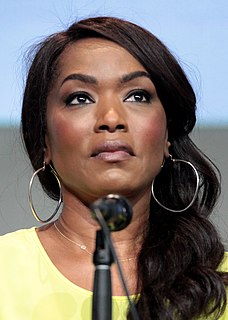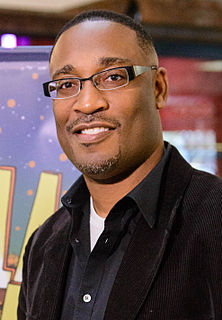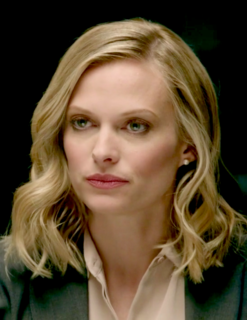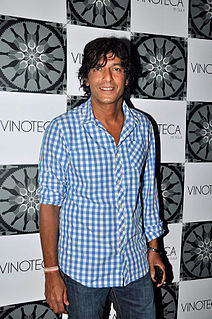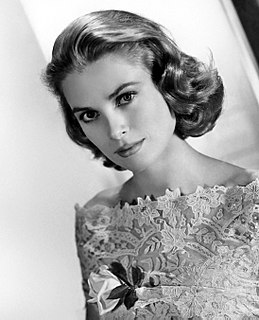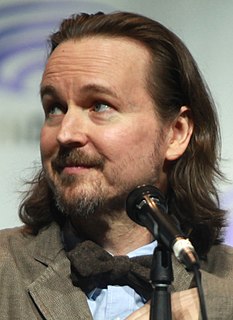A Quote by Howard Hawks
A good movie is three good scenes and no bad scenes.
Related Quotes
For me, in movies, it's always a mixed bag. I've never made a movie where I thought, "You were really good in that movie; you were good all the time." No. It's always, "You didn't get it, you didn't do it in that scene, but the other scene is pretty good." So I just hope that in balance there's more good scenes than not.
Both as a filmmaker and as a fan I love the behind-the-scenes stuff, I like it even more than deleted scenes frankly. Especially when you're happy with the movie and you're proud of it, those deleted scenes give you also a sense of the making of the film and the process through which you end up with the final product.
There are some scenes that you have to lose in order to win something at the end. A good director will keep pointing you that way, but it is also your job as an actor to understand that there are scenes that you do, particularly when you are the lead, where other people get to come in and steal and you have to let them. I understand that but a good director always reminds you where those moments are.
Somebody comes to your house. You know they're coming, so it's not a surprise. And they give you an envelope that has your scenes in it. And they sit in the car outside for a half an hour while you read your scenes, then they ring your doorbell and you give your scenes back. Then you shoot the movie a few weeks later or something. The next time you see your scenes is the night before you start shooting. I never read the script [Blue Jasmine], so I didn't really know what it was about.

